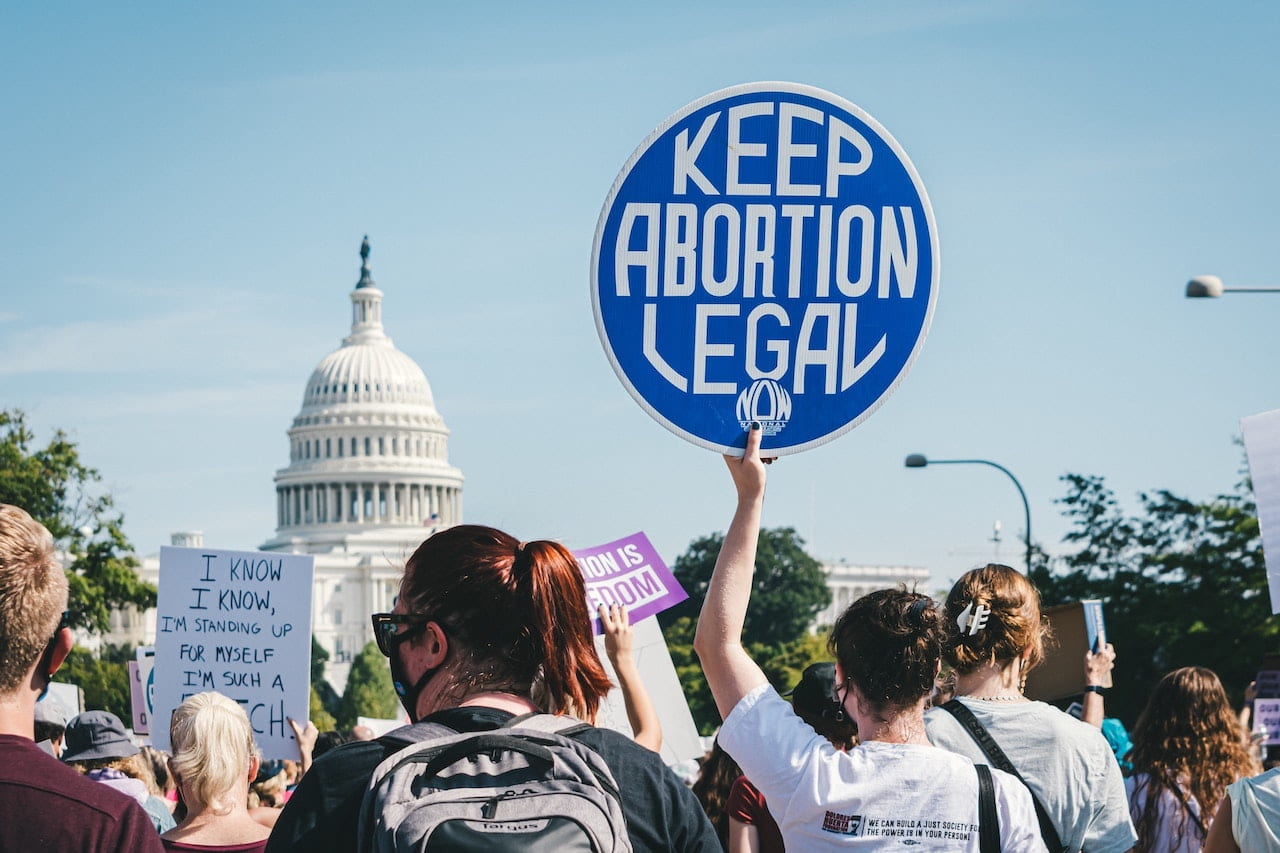GW ReproFree: Conversations on Sexual and Reproductive Health, Rights, and Access

The decision in Dobbs v Jackson Women’s Health Organization and its consequences represent an assault on bodily autonomy, with profound and negative long-term consequences for all individuals. The effects extend beyond those whose health and choices are immediately and directly affected and reach the health of families and children more broadly. And, as a result of the United States’ legacy of institutionalized racism, the Dobbs decision will disproportionately impact communities of color, which have been historically denied equitable access to reproductive freedom and essential health services.
By reversing Roe v Wade, the US has signaled to the rest of the world that women’s rights, and indeed, the bodily rights of all people, can be rolled back with impunity. The erosion of sexual and reproductive health access, rights, and justice creates instability and harms women in their own country and it erodes peace and security globally. Dobbs’ repercussions are monumental for the international security of all women and people with uteri.
GW ReproFree is a collaboration across the GW community including students, staff, and faculty representing the University’s numerous Schools and programs. Our goal is to engage discussions focusing on the impact of Dobbs on sexual and reproductive health, rights, and access post-Roe in the US and internationally. Our conversations will take place in a variety of formats (i.e., “brown bag” lunches, roundtable discussions, seminars, etc), with the goal of centering students’ interests and work in this space.
Members of GW ReproFree recognize that across different disciplines and schools of thought, a variety of terms are used when discussing these issues. Together, we seek to be thoughtful and transparent about our terminology. In medical spaces, Reproductive Healthcare refers to medical care – treatment or maintenance services – to optimize individual health. Whereas, in legal spaces, Reproductive Rights refer to laws and policies affecting reproductive health. In International Affairs spaces, the term Sexual and Reproductive Health and Rights (SRHR) describes the rights of people who may become pregnant to access sexual and reproductive health services. In public health spaces, multiple terms may apply to these issues, including SRHR, Reproductive Health, Reproductive Rights, and Reproductive Justice, addressing concerns at the community level. Reproductive Justice refers to the movement created by Black, Indigenous, and other persons of color to build reproductive health equity. The movement centers those who have historically faced racism and systemic barriers in accessing reproductive health services, and works to ensure that these communities have full autonomy to decide whether or not to parent, and are able to parent in safe and supportive communities. GW ReproFree recognizes that the collaborative’s leadership team is composed primarily of white women – with that in mind, the Reproductive Justice space may not be ours to occupy. We welcome and will continue to actively seek out wider representation.
